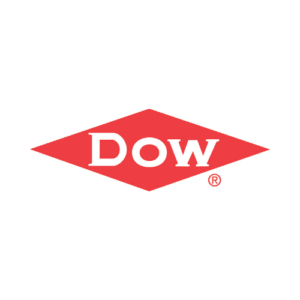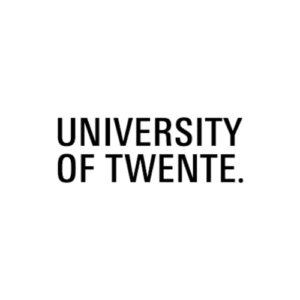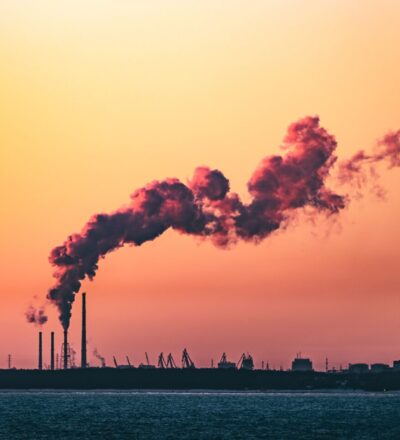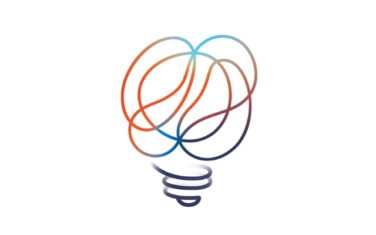In response to the growing resource scarcity and climate change impacts, SCW systems, Dow Benelux, the University of Twente and ISPT collaborated in the Scissors project to address the challenges associated with processing wet residual streams. The conventional methods, incineration or landfill, are energy-intensive, environmentally detrimental, and fail to recover valuable materials contained in such waste streams. This project explored a promising technology developed by SCW Systems – Super Critical Water Gasification (SCWG).
SCWG is a process that converts wet waste streams into a synthesis gas by subjecting them to high pressures and temperatures, where water acts as a powerful solvent. The goal of the Scissors project was to prove that industrial waste streams can be transformed into valuable products efficiently and sustainably.
In short:
- There is a need for processes that enables the recycling of materials and reduce emissions. Especially, wet waste streams are hard to process
- The treatment of six different types of wet industrial waste streams was tested using SCWG technology
- Scissors demonstrates that SCW technology can create valuable products with a good environmental impact, showing promise for commercial use
Achievements of Scissors
Technology validation and advancements
Six different types of industrial waste were tested with SCW Systems’ method to check if they can be effectively treated with supercritical water gasification. For four of these streams, gasification under supercritical water conditions was successful without requiring special pre-treatment. However, two streams required a pre-treatment due to their solid fraction content. To facilitate these findings, a new SCW gasification bench-scale plant and pre-treatment unit were constructed and rigorously tested through about 120 experiments. These tests validated the SCWG technology, bringing it to an industrial Technology Readiness Level (TRL) of 6 for all examined streams. In particular, one stream reached TRL 8 after post-gasification at the Alkmaar facility.
Environmental impact assessment
An interactive Life Cycle Analysis (LCA) has been conducted to gauge the environmental footprint, with a particular focus on CO2 emissions. The LCA showed that the SCWG technology significantly curtails the CO2 footprint when compared to conventional waste treatment methodologies.
Value recovery and re-utilization
The project confirmed the potential to convert the evaluated waste streams into valuable products. This has a strong potential impact compared to conventional waste management approaches, as valuable hydrocarbons in difficult-to-treat waste can be used as a circular feedstock. This reduces the need to use fossil-based sources for the manufacture of oil products. These findings support potential future decisions regarding the full-scale commercial processing of these streams.
What does the future hold?
The successful processing of industrial waste streams using SCW’s gasification technology is a double win. It has significantly reduced the carbon footprint and unlocked a huge potential for ‘new’ residual streams. These streams can be converted into circular gas, providing a renewable raw material for the industry. Simultaneously, this process bolsters the circular economy. Building on our achievements, we are setting our sights on broadening the scope of gasification routes for syngas production. The upcoming project at Alkmaar 1 will explore the gasification of additional streams. This paves the way for the wider use of this breakthrough technology in various industrial applications.
Scissors in the media
Our partner SCW systems from project Scissors was seen on Dutch television where they tell about their impactful sustainable initiative.
You might also be interested in
Acknowledgement & partners
This project is co-funded with subsidy from the Topsector Energy by the Ministry of Economic Affairs and Climate Policy.






